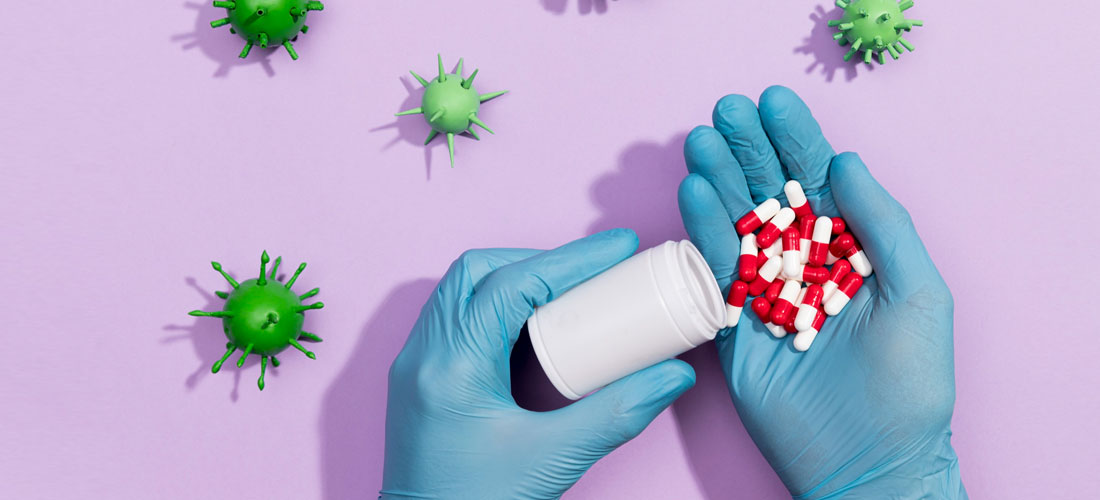Traditional antibiotics have been the cornerstone of antibacterial treatment for decades. However, the rapid rise of antimicrobial resistance (AMR) is rendering many conventional antibiotics ineffective. This session will explore alternative antibacterial strategies that go beyond traditional antibiotics, focusing on innovative approaches to tackle resistant bacterial infections. These approaches include the use of phage therapy, immune modulation, host-directed therapies, antimicrobial peptides, nanotechnology, and bacteriocins.

With the growing threat of antimicrobial resistance (AMR), there is an urgent need to develop new strategies to combat bacterial infections. Traditional antibiotics are becoming less effective due to the rise of resistant pathogens, making it imperative to explore alternative antibacterial strategies. This session will focus on cutting-edge approaches and novel therapies that target bacteria through mechanisms other than conventional antibiotics, opening new avenues for infection control and treatment.
Key topics to be covered in this session include:
- Phage therapy: The use of bacteriophages to target and kill specific bacterial pathogens
- Antimicrobial peptides (AMPs): Small proteins that exhibit broad-spectrum antibacterial activity and offer potential alternatives to antibiotics
- Bacteriocins: Naturally occurring antimicrobial peptides produced by bacteria to inhibit the growth of similar or closely related bacterial strains
- Host-directed therapies: Modulating the host immune system to fight infections, rather than directly targeting the bacteria
- Nanotechnology in antibacterial treatments: The use of nanoparticles for drug delivery, targeting resistant bacteria, and enhancing antibiotic efficacy
- Immunotherapy: Harnessing the immune system to fight bacterial infections, including monoclonal antibodies and immune checkpoint inhibitors
- CRISPR-Cas9 technology for precise genetic modifications to combat antibiotic resistance
- The role of biofilm-targeting agents in overcoming bacterial persistence in chronic infections
- Repurposing existing drugs: Utilizing non-antibiotic drugs as antibacterial agents or to enhance antibiotic action
- Synthetic biology and engineered microorganisms for the development of novel antibacterial agents
This session is ideal for microbiologists, infectious disease specialists, immunologists, biotechnologists, and pharmaceutical researchers interested in developing next-generation antibacterial treatments to combat resistant infections.